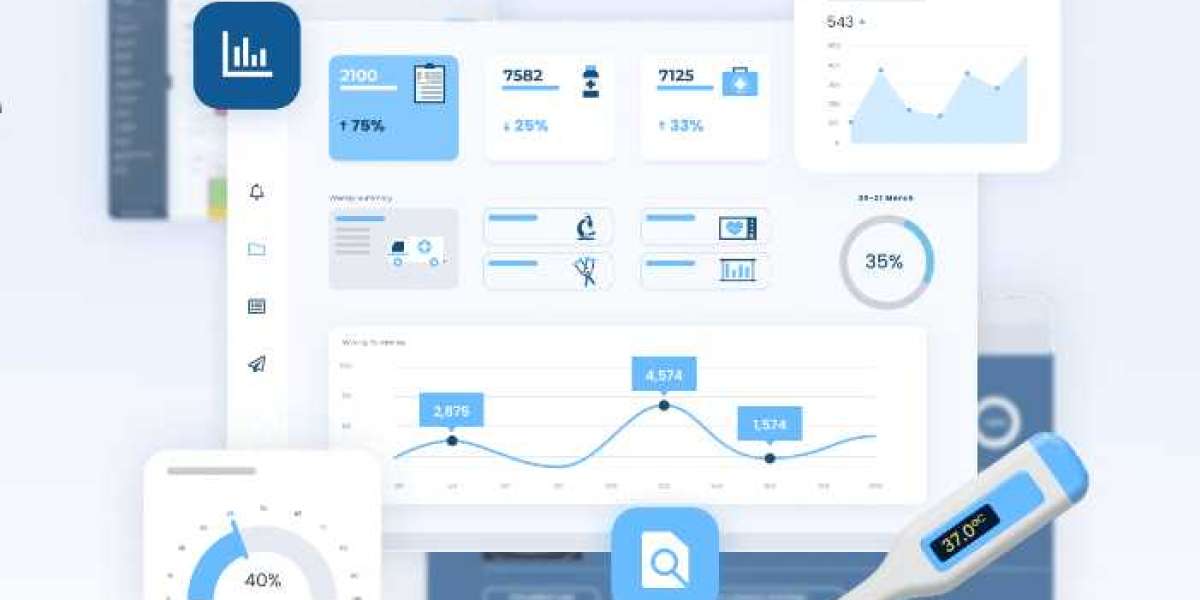The tech giant is developing a new feature that will allow users to share files smoothly between Windows and Android through Phone Link and the Link to Windows app. The capability functions similarly to Apple’s AirDrop, facilitating connectivity between Windows PCs and Android devices.
While there are several methods for file transfer across devices, this new feature could stand out for its ease of use. Using the native share menu on the source device, sending a file to or from your PC is designed to be as intuitive as sharing content via preferred apps.
READ MORE : www.microsoft.com/link
To transfer a file from their PC to their Android device using Phone Link, users begin by selecting the desired file on their PC, then right-clicking and selecting “Share”. In the ensuing share pop-up, users should look for the Phone Link within the App Section and select the file to share on the connected Android.
Users must ensure they have enabled Windows notifications for Phone Link to keep track of sharing progress. Once the file transfer is complete, they will receive a Windows notification confirming the successful share.
The capability is being introduced to Windows Insiders within the Release Preview Channel, suggesting that a broader release to all users is expected soon.
The requirements for the file-sharing function to work are minimal: a PC with Windows 10 (May 2019 update or later) or Windows 11 and an Android smartphone running version 9.0 or above. The necessary app versions are 1.24032.518.0 or newer for the “Link to Windows” on the user’s phone and 1.24032.156.0 or newer for the “Phone Link” on the user’s PC.
What Microsoft News Has Happened This Month?
Earlier this month, Microsoft tied its security efforts to the performance review of every employee.
The Verge reported on an internal memo from Microsoft’s Chief People Officer, Kathleen Hogan, which emphasised that failing to produce substantial work focused on security could adversely affect employees’ salary increases, promotions, and bonuses. Hogan highlighted the importance of security-focused contributions and their impact on career advancement within the company.
READ MORE : www.microsoft.com /link
The business previously announced that it was linking the fulfilment of security goals with executive compensation in the development of its Secure Future Initiative (SFI), which was first announced last November. This further policy expansion to every employee seemingly aims to highlight its commitment to “making security (its) top priority, above all else”.
Meanwhile, Microsoft removed ads from its latest version of Skype this month, which will also include updates to AI image creation tools and automatic sign-in with OneAuth.
According to Skype, removing ads enables users to enjoy uninterrupted browsing and communications, making for a “cleaner” and more “user-friendly” app experience.



